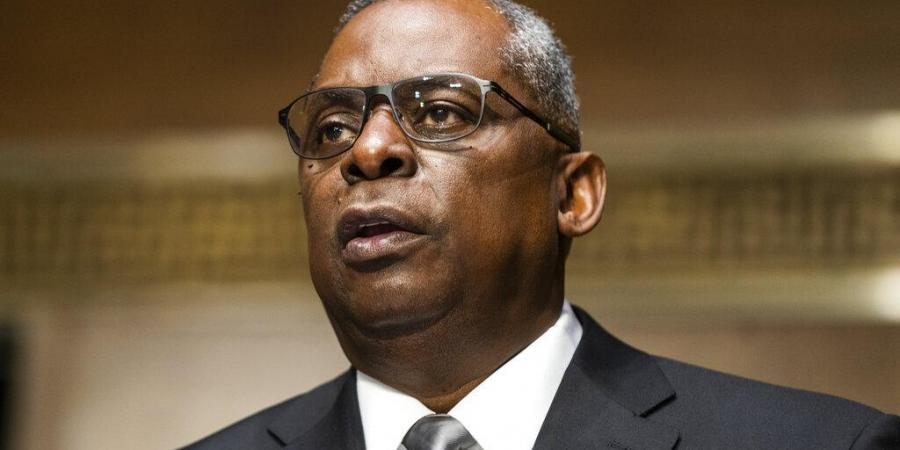 WASHINGTON: US Defence Secretary Lloyd Austin will visit India next week along with Japan and South Korea, the Pentagon announced on Wednesday, in the first overseas trip of a senior member of the new Biden Administration.
WASHINGTON: US Defence Secretary Lloyd Austin will visit India next week along with Japan and South Korea, the Pentagon announced on Wednesday, in the first overseas trip of a senior member of the new Biden Administration.
This is for the first time that India has been included in the itinerary in the first overseas trip of a US Defence Secretary.
“Austin will meet with his counterparts and other senior officials to discuss the importance of international defence relationships and reinforce the United States’ commitment to a free and open Indo-Pacific region -ounded on respect for international rules, laws, and norms,” the Pentagon said.
Austin will embark on his first overseas trip on March 13 to visit US Indo-Pacific Command Headquarters in Hawaii, US troops and senior government leaders in Japan and the Republic of Korea, and senior government leaders in India, it said.
The date of Austin’s visit to India has not been announced. However, it would be the last leg of his maiden foreign trip.
“In India, Secretary Austin will meet with his counterpart, Minister of Defence Rajnath Singh, and other senior national security leaders to discuss deepening the US-India Major Defence Partnership and advancing cooperation between our countries for a free, prosperous and open Indo-Pacific and Western Indian Ocean Region,” the Pentagon said.
In Japan, Austin will join US Department of State Secretary Antony Blinken for the US-Japan Security Consultative Committee (‘2+2’), hosted by Japan’s Foreign Minister Toshimitsu Motegi and Defence Minister Nobuo Kishi, to emphasize that the US-Japan Alliance has never been more resolute and resilient ; the cornerstone of peace and security in a free and open Indo-Pacific in the face of long-term competition with China, it said.
In South Korea, Austin and Blinken will attend a US-South Korea Foreign and Defence Ministerial (‘2+2′), hosted by Foreign Minister Chung Eui-yong and Defence Minister Suh Wook, to reaffirm the United States’ ironclad commitment to the security of the Republic of Korea, and emphasise that the US-South Korea alliance remains a linchpin of peace, security, and prosperity in Northeast Asia, a free and open Indo-Pacific, and around the world, the Pentagon said.





